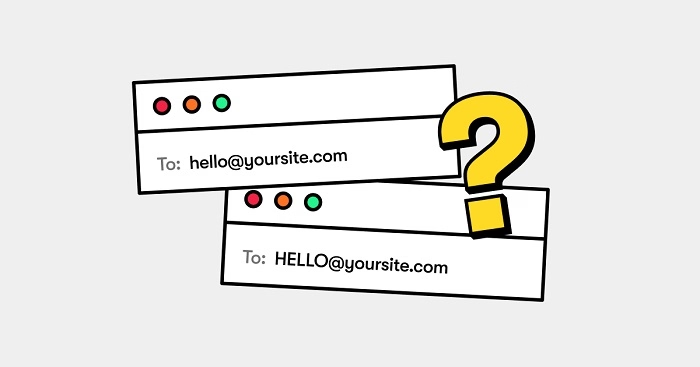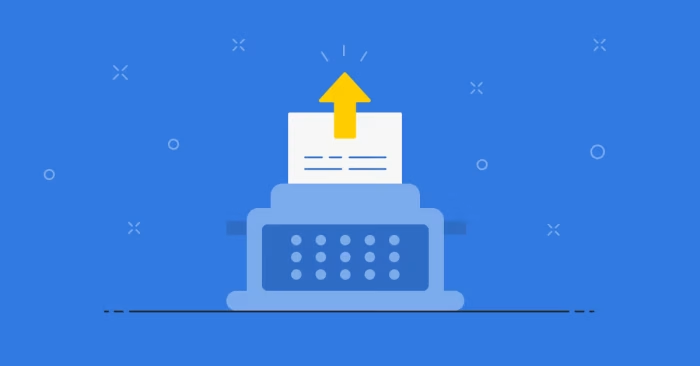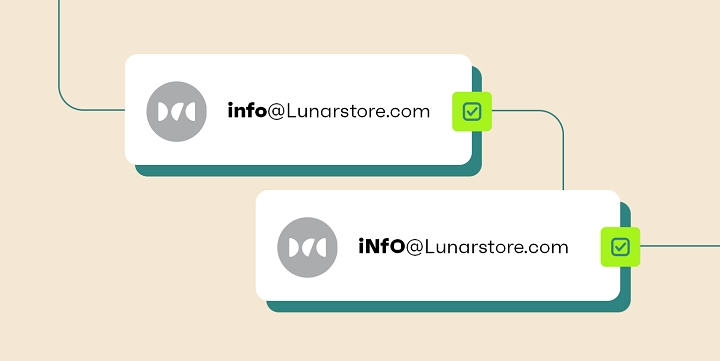If you’ve ever wondered whether typing an email address in uppercase or lowercase letters makes a difference, you’re not alone. The question “Are email addresses case sensitive?” is one that confuses many users, especially in professional communication. Understanding how email systems treat capitalization can help you avoid delivery errors, miscommunication, and technical issues. In this guide, we’ll break down the rules, exceptions, and best practices related to email address formatting.
Are Email Addresses Case Sensitive?

Short Answer: Partially
Technically, only the part before the “@” symbol (called the local-part) can be case sensitive, while the domain name after the “@” is not.
For example:
[email protected] is treated the same as [email protected] for most email providers.
However, [email protected] and [email protected] could be treated differently by some mail servers if they are configured to recognize case.
In Practice: Not Usually
Most modern email providers—like Gmail, Outlook, and Yahoo—treat email addresses as case-insensitive, meaning they ignore capitalization completely.
So whether you send an email to [email protected] or [email protected], it will end up in the same inbox.
Local-Part vs Domain in Email
Local-Part (Before @)
- This part can be case sensitive technically, per RFC 5321 (email protocol standard).
- But almost all mainstream providers treat it as case-insensitive.
Domain (After @)
- The domain name is never case sensitive.
- @Gmail.com, @gmail.com, and @GMAIL.COM are all the same.
Examples of How Email Servers Handle Case
Gmail
- Gmail ignores case in both parts.
- [email protected] is the same as [email protected].
Outlook / Microsoft 365
- Also treats email addresses as case-insensitive.
- Internal systems convert addresses to lowercase.
Yahoo Mail
- Behaves similarly to Gmail.
- Capitalization doesn’t matter.
Corporate or Custom Domains
- These depend on how the email server is configured.
- Some rare systems might treat [email protected] and [email protected] as different addresses.
Why Case Sensitivity Exists Technically
The original internet email standards were based on the SMTP protocol, which allowed email servers to define usernames exactly as typed—including capitalization.
So [email protected] and [email protected] could technically be different users if the server supported it.
However, this level of case sensitivity is not practical, and few servers use it today.
What Happens If You Use the Wrong Case?
In most cases:
- The email will still be delivered.
- There’s no error or bounce-back.
- The email address is usually converted to lowercase automatically by the provider.
In rare systems with strict case sensitivity:
- You might get a delivery failure.
- Or the email might go to a different user, if that user exists.
Best Practices for Email Address Capitalization

Use Lowercase Always
It’s safest and standard to type email addresses in all lowercase letters.
Avoid Mixed-Case Email Logins
Some systems (like login pages) might treat case differently, especially with usernames and email fields.
Don’t Rely on Case for Uniqueness
If you’re creating email accounts for a team, don’t assume [email protected] is different from [email protected].
Test With Your Provider
If you’re using a custom domain or mail server, test how it handles case sensitivity. This ensures you won’t run into surprises later.
How Case Sensitivity Affects Email Deliverability
Email Marketing Tools
- Most mailing services standardize email addresses to lowercase.
- This helps avoid duplicate entries and delivery errors.
Database Matching
- If you store emails in a database, always normalize to lowercase before comparison.
- This prevents treating [email protected] and [email protected] as separate records.
Login vs Email
Some systems treat login usernames as case-sensitive, even if email addresses are not. Always double-check platform settings.
FAQs About Are Email Addresses Case Sensitive
Is Gmail case sensitive for email addresses?
No, Gmail is completely case-insensitive. You can type uppercase or lowercase letters, and it will deliver the message correctly.
What part of the email is case sensitive?
Only the part before the “@”, known as the local-part, is technically case sensitive, but in practice, it usually isn’t.
Can I use uppercase letters in my email address?
Yes, but it’s best practice to stick to lowercase for compatibility, readability, and consistency.
Do email logins care about case sensitivity?
It depends on the system. Some websites treat usernames as case-sensitive even if the email address isn’t.
Can two email addresses differ only by case?
Technically yes, but it’s extremely rare. Most modern email services treat them as the same.

